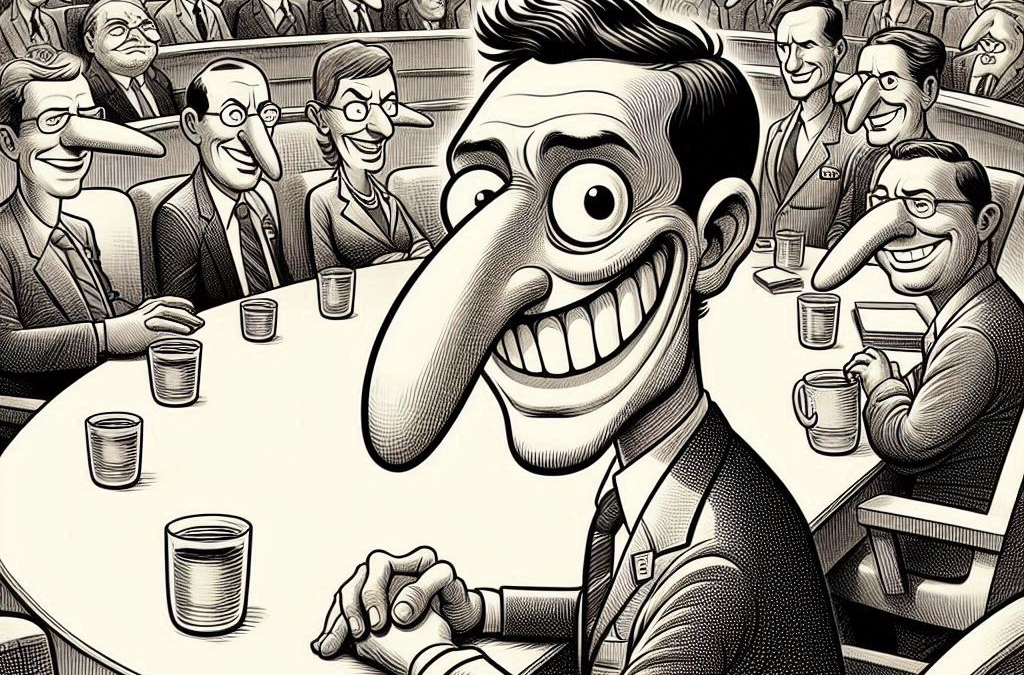The Warren Commission, formally known as the President’s Commission on the Assassination of President Kennedy, was established by President Lyndon B. Johnson on November 29, 1963, to investigate the assassination of President John F. Kennedy. The Commission’s primary purpose was to thoroughly examine the circumstances surrounding the assassination and provide a definitive account to the American public. The Commission’s report, commonly referred to as the Warren Report, was published in September 1964.
Composition of the Warren Commission
The Commission consisted of seven prominent members, each selected for their expertise, reputation, and public standing. Here are the top members of the Warren Commission:
- Earl Warren (Chairman):
- Position: Chief Justice of the United States Supreme Court.
- Background: A former Governor of California and a respected jurist, Earl Warren was known for his leadership and integrity. His appointment as Chairman lent significant credibility to the Commission’s work.
- Richard Russell Jr.:
- Position: U.S. Senator from Georgia.
- Background: A senior senator and influential figure in Congress, Russell was known for his expertise in defense and foreign policy.
- John Sherman Cooper:
- Position: U.S. Senator from Kentucky.
- Background: Cooper had a distinguished career in public service, including roles as a senator, ambassador, and jurist. He was respected for his independent and bipartisan approach.
- Hale Boggs:
- Position: U.S. Representative from Louisiana and House Majority Whip.
- Background: Boggs was a prominent Democratic leader in the House of Representatives and had a strong legislative record.
- Gerald R. Ford:
- Position: U.S. Representative from Michigan.
- Background: Ford was a respected member of the House of Representatives and would later become the 38th President of the United States following the resignation of Richard Nixon.
- Allen W. Dulles:
- Position: Former Director of the Central Intelligence Agency (CIA).
- Background: Dulles was a key figure in the U.S. intelligence community and brought significant expertise in intelligence and national security matters.
- John J. McCloy:
- Position: Former President of the World Bank, former U.S. High Commissioner for Germany.
- Background: McCloy had extensive experience in international affairs, finance, and law, making him a valuable asset to the Commission.
Key Findings and Report
- Lee Harvey Oswald:
- The Warren Commission concluded that Lee Harvey Oswald acted alone in assassinating President Kennedy. The report detailed Oswald’s background, motives, and actions leading up to and following the assassination.
- Jack Ruby:
- The Commission also concluded that Jack Ruby acted alone in killing Oswald and that there was no evidence of a conspiracy involving Ruby and Oswald.
- Magic Bullet Theory:
- The report posited the controversial “single bullet theory,” which suggested that one bullet caused multiple wounds to both Kennedy and Texas Governor John Connally. This theory was essential to the conclusion that Oswald was the sole shooter.
- Conspiracy Theories:
- While the Commission acknowledged the presence of numerous conspiracy theories, it found no credible evidence to support claims of a broader conspiracy involving domestic or foreign entities.
Criticism and Legacy
- Criticism:
- The Warren Report has faced significant criticism over the years, with skeptics questioning the single bullet theory, the thoroughness of the investigation, and the possibility of overlooked evidence.
- Subsequent investigations, including the House Select Committee on Assassinations (HSCA) in the late 1970s, suggested that there might have been a conspiracy, though definitive evidence remains elusive.
- Legacy:
- Despite the controversies, the Warren Report remains a crucial historical document. It provided a detailed account of the assassination and shaped public understanding of the event for decades.
- The Commission’s work highlighted the challenges of investigating high-profile political assassinations and set a precedent for future inquiries into such incidents.
In summary, the Warren Commission was a high-profile investigative body tasked with providing a comprehensive account of President Kennedy’s assassination. While its conclusions have been both influential and controversial, the Commission’s work remains a key part of the historical narrative surrounding the assassination.
Reference: National Archives – The Warren Commission

